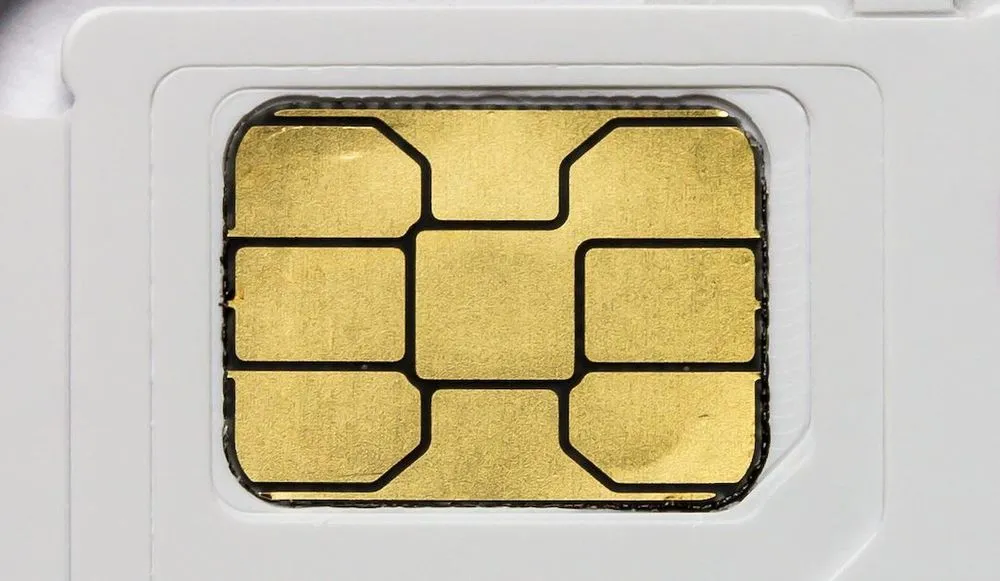Russia blocks mobile internet for foreign SIM cards, citing drone threats
Russia is taking steps to temporarily block mobile internet for foreign SIM cards — its latest move to tighten control over communications under the guise of national security and anti-drone measures.
The new rule imposes a mandatory 24-hour mobile internet blackout for anyone entering Russia with a foreign SIM card. Mobile operators in neighboring Belarus and Kazakhstan have warned travelers that roaming services, including mobile internet and SMS, will be unavailable for the first 24 hours after connecting to a Russian network.
The restriction resets whenever a user crosses a regional border or switches to a different network, meaning connectivity may remain unstable while traveling within Russia, according to the local internet monitoring group Na Svyazi.
The Russian government has not publicly commented on the measure. However, in August officials proposed a so-called “cooling-off period” for SIM cards from foreign countries, which would temporarily disable mobile data upon entering the country. They argued the rule was necessary to prevent drones from being controlled via foreign mobile networks, suggesting the blackout’s duration would be based on “the average flight time of drones crossing the border.”
Obtaining a local Russian SIM card has also become increasingly difficult. Foreign tourists must visit a bank, submit biometric data, register through the government’s Gosuslugi portal and obtain a personal insurance number — a process that can take several days. Mobile operators have reportedly asked the government to simplify the procedure.
The new restrictions come amid a broader wave of internet disruptions across Russia. Since May, regional authorities have repeatedly cut mobile internet, citing the need to counter Ukrainian drones. Officials have also blocked calls made through popular messaging apps like Telegram and WhatsApp, framing the move as part of anti-fraud efforts.
Digital rights groups and watchdogs say many of the shutdowns appear arbitrary and unrelated to real security threats. Analysts believe some regional authorities are disabling mobile internet simply to show the Kremlin they are taking action against drones — even though drones typically don’t rely on mobile data to operate.
In August alone, Russia recorded 2,129 internet shutdowns — the highest number since the full-scale invasion of Ukraine — causing an estimated $323 million in economic losses, according to Na Svyazi. Most shutdowns were partial, affecting only sections of cities, but some cut mobile internet across entire towns.
Officials have justified the restrictions by citing “security concerns,” “drone threats” and “states of heightened readiness.” Yet legal experts note that such measures are not explicitly authorized under federal law, which allows communication restrictions only under martial law, a state of emergency or by direct order of the FSB — none of which have been formally declared, Na Svyazi said.
The latest measures against foreign SIM cards are expected to cause major inconvenience for travelers, expatriates and cross-border businesses, as users may lose access to mobile banking and authentication services that rely on SMS verification, according to local experts.
“Now you can forget about roaming for foreign SIM cards in Russia, at least until the drone situation stabilizes — and it’s impossible to predict when that will happen,” telecom analyst Eldar Murtazin wrote, adding that there is no precedent for such large-scale service restrictions anywhere else in the world.
Daryna Antoniuk
is a reporter for Recorded Future News based in Ukraine. She writes about cybersecurity startups, cyberattacks in Eastern Europe and the state of the cyberwar between Ukraine and Russia. She previously was a tech reporter for Forbes Ukraine. Her work has also been published at Sifted, The Kyiv Independent and The Kyiv Post.



